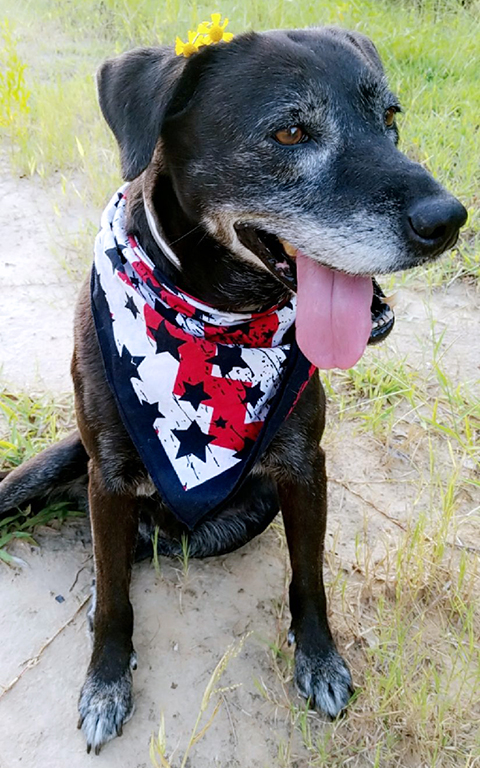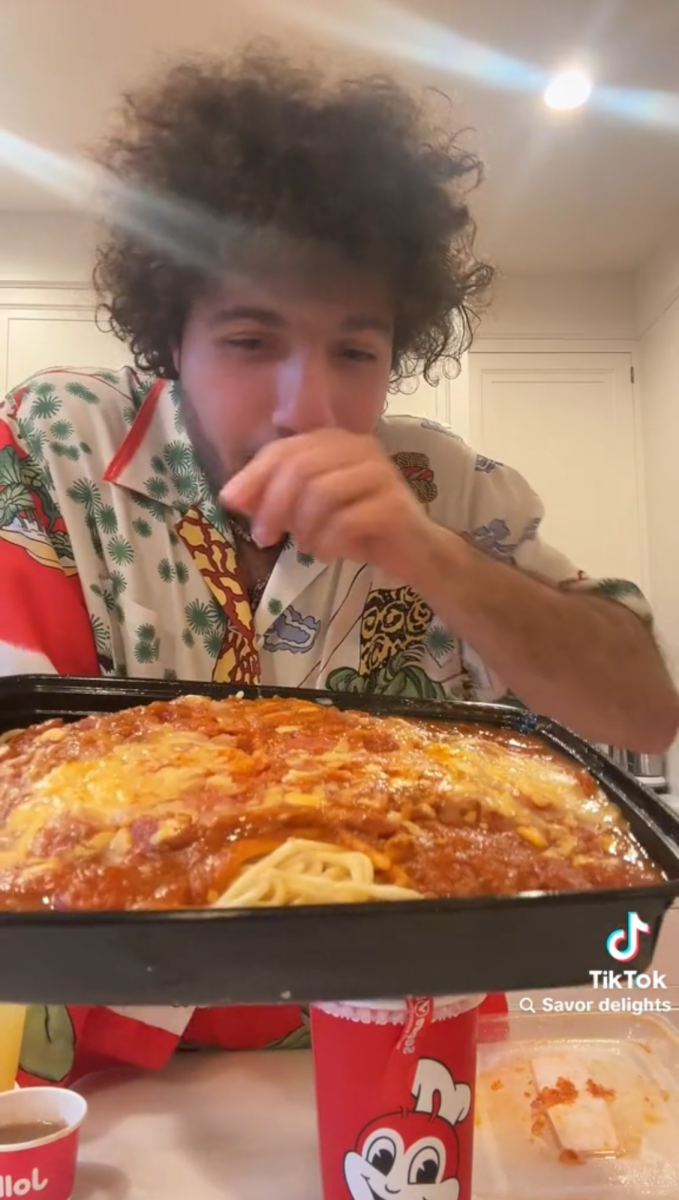

Mental health is a pressing matter — depression and anxiety can be considered taboo, especially in the African-American community. We don’t talk about it. We have people grow up with destructive coping methods, like alcohol, drugs or self-harm, because they never talked about these issues as children. We have children growing up in households without outlets to express the emotional distress that they’re going through.
We also have people who just try keep their mental health issues to themselves. These are the people we never see having a bad day. They are our class clowns, our social butterflies, our optimistic classmates or just the people who always seem to have a smile on their face. They struggle with these issues alone, because there is a stigma attached to depression and anxiety. That’s why it makes me happy to see people actually taking the steps to reclaim control of their life by addressing their mental health, whether it be through counseling or by having an emotional support animal — like I do.
I have an 11-year-old black lab mix named Cocoa, who is registered as my ESA to help me with my depression and anxiety. I’ve raised Cocoa since she was a puppy, so she has been with me my entire life. She is a gentle dog with a good heart and a friendly disposition. I can truly say that these first few weeks of school have been so much better with her here, even though I was apprehensive about her coming with me at first.
I was uncomfortable when she first got here, especially when I had to explain to people why she was here in the first place. I have never been comfortable talking about my mental health, and I saw Cocoa as a walking symbol of what I have to endure every single day. I could feel the awkwardness in the air when I introduced her to people and explained to them what an emotional support animal is, let alone why I need her; however, I’ve started to see a gradual shift in the way people interact with me.
Students I didn’t even know started asking me about how they could go about registering for an ESA, especially when living in housing. People would confide in me about their mental health and would ask me about other campus resources. Slowly, I’ve started to become much more comfortable with explaining why I had my emotional support animal and with discussing my own mental illness — which is something I’ve been trying to do for so long. I no longer feel ashamed about having depression and anxiety, because Cocoa signifies that I am addressing my own mental health and that I am willing to do whatever I need to do to regain control of my life. She is not a symbol of depression and anxiety — she is a symbol of strength and, quite frankly, she’s adorable.
Jaylon Williams is a sociology senior.














